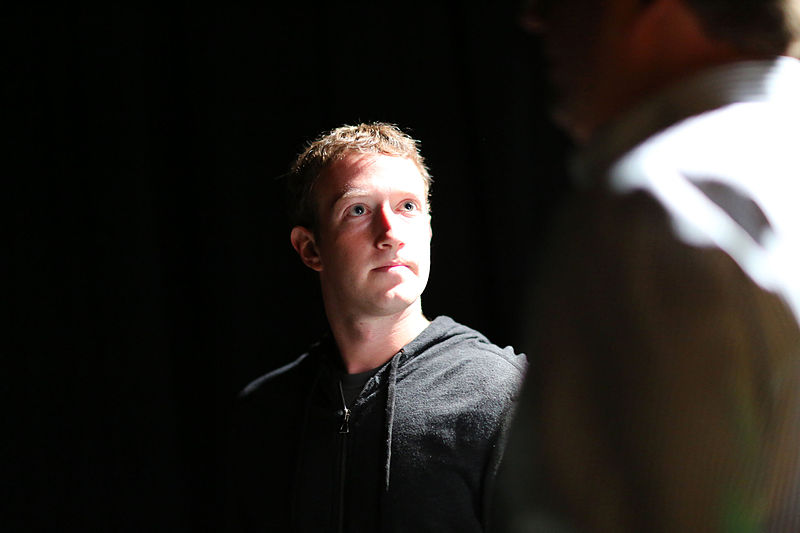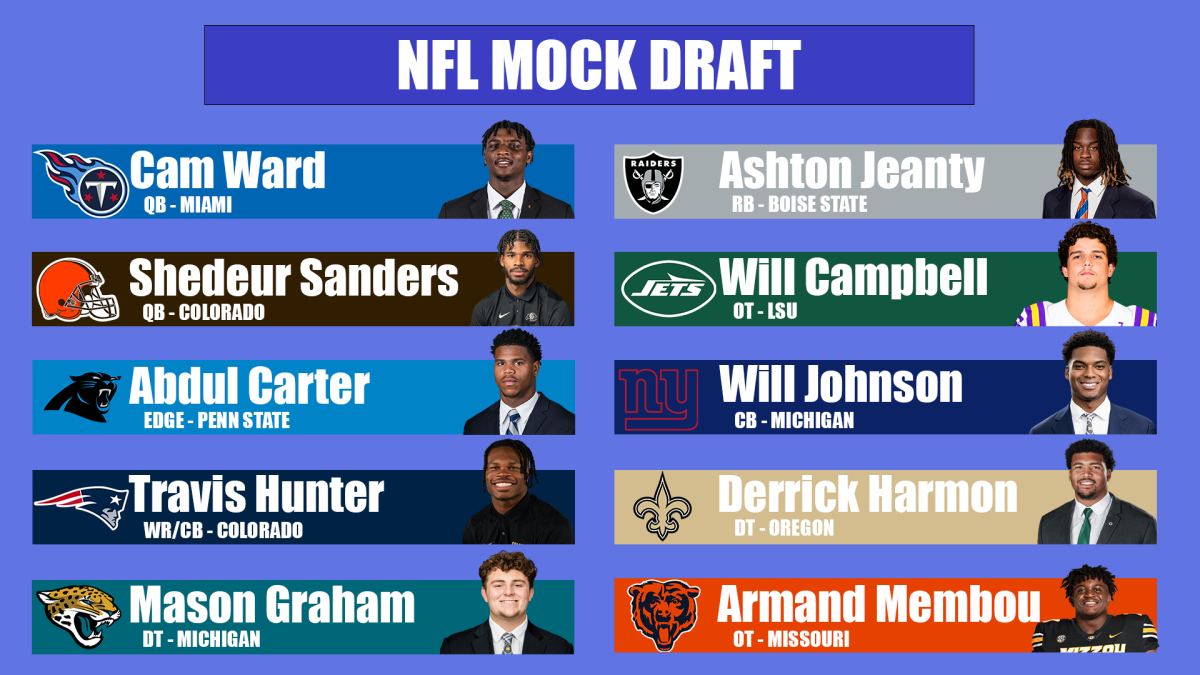Facebook has been in the news a lot recently, due to a scandal involving Cambridge Analytica, an analytics firm that shared user data despite Facebook rules meant to prevent data breaches.
In response to the scandal coming to light, Facebook CEO Mark Zuckerberg was called to testify before members of the United States Senate and the House Energy and Commerce Committee on April 9 and April 10. I watched a few minutes of the Senate hearing and highlights from the House hearing, and I’ll summarize them for you: Congress doesn’t understand social media and Zuckerberg is a robot programed to give non-answers to every question directed at him.
You can read the full transcript of the Senate hearing here and the House committee hearing here.
The hearings were peppered with seemingly hard-hitting moments like Republican Senator John Neely Kennedy’s “Your user agreement sucks,” but in the end, Zuckerberg’s responses were pandering and unapologetic.
More than 1 billion people use the social network daily, and the number of registered users is easily over 2 billion. The chances that the Cambridge Analytica scandal will have any affect on Facebook’s user numbers are slim to none, and this is a problem.
I’ll admit I’m guilty of being part of this problem. The scandal came to light a few weeks ago, Zuckerberg was asked (and refused) to appear before the UK parliament, and now the congressional hearing has come and gone. In the time since the scandal hit the news, I urged family and friends to leave the social network, and I told myself I would deactivate my account. I didn’t. I even hoped that a mass exodus of Facebook users would occur. It didn’t.
In the end, it doesn’t matter what shady things Facebook does with our information. We’re addicted, and we’ll never leave the social network.
We’ve all seen creepy targeted ads that appear after we message a friend about something, or after we talk about something out loud. Zuckerberg addressed these creepy targeted ads in the Senate hearing:
“What we found is that even though some people don’t like ads, people really don’t like ads that aren’t relevant. And while there is some discomfort for sure with using information in making ads more relevant, the overwhelming feedback that we get from our community is that people would rather have us show relevant content there than not. So we offer this control that — that you’re referencing. Some people use it. It’s not the majority of people on Facebook. And — and I think that that’s — that’s a good level of control to offer.”
Clearly, the people in charge at Facebook aren’t worried that any level of shady business practices will affect user opinions of the network.
Facebook is here to stay, because it’s just too difficult for people to leave it. The immediate connection to hundreds of other people and the constant flow of information are too addicting. Leaving the social network would mean missing out on loads of “important” things like updates on the lives of high school classmates you never even talked to and baby photos from people you didn’t even know were expecting.
It’s the sad truth of the matter but unless a better alternative comes along, nobody is leaving Facebook any time soon, no matter how awful a company they are.
Zuckerberg and Facebook’s shady practices aren’t even a surprise at this point. Aaron Sorkin’s 2010 film “The Social Network” sheds light on the rocky origins of the site, including a lawsuit and a falling out with co-founder Eduardo Saverin. The film shows Zuckerberg as the cocky antagonist. Even worse is the true beginning of the site.
“The Social Network“ outlines how not long before the site we know as Facebook was started (then known as “The facebook”) in 2004, Harvard University sophomore Zuckerberg created a site where users could rate photos of girls at Harvard. It was called Facemash, and it was Zuckerberg’s first go at acquiring people’s personal data without much in the way of consent.
Even if you agree that Sorkin’s portrayal of Zuckerberg and the events surrounding Facebook’s beginnings are fictional hyperbole, as Zuckerberg would have you believe, there’s no denying a man who got rich off of billions of people’s personal data and once designed a website to creepily rate girls might not be the most trustworthy.
Just look at the Internet’s reaction to his congressional hearings. The verdict? Zuckerberg is definitely a robot or humanoid lizard. Or just really, really awkward and meme-able. A very meme-able lizard man. Hopefully Zuckerberg sees some of the memes people are mocking him with being shared on Facebook, his very own website.
Contact the writer: [email protected]
Twitter: @WeidnerTWW
















